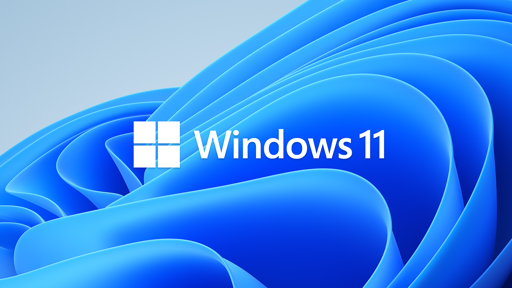Microsoft EVP Yusuf Mehdi said in a blog post last week that Windows powers over a billion active devices globally. This might sound like a healthy number, but according to ZDNET, the Microsoft annual report for 2022 said that more than 1.4 billion devices were running Windows 10 or 11. Given that these documents contain material information and have allegedly been pored over by the tech giant’s lawyers, we can safely assume that Windows’ user base has been quietly shrinking in the past three years, shedding around 400 million users.
This is probably why Microsoft has been aggressively pushing users to upgrade to Windows 11 after the previous version of the OS loses support — so that its users would install the latest version of Windows on their current system (or get a new PC if their system is incapable of running the latest version). Although macOS is a threat to Windows, especially with the launch of Apple Silicon, we cannot say that those 400 million users all went and bought a MacBook. That’s because, as far back as 2023, Mac sales have also been dropping, with Statista reporting the computer line, once holding more than 85% of the company revenue, now making up just 7.7%.



Hehe, I don’t think they will. Looks to me they must be aware of this. Likely they weighed their options and they do this on purpose.
They know. Microsoft is now a service company. Windows upgrades are free. Do you remember when Microsoft said that windows 10 is the last windows?
Now the upgrade to 11 is free, Microsoft is a service company… Windows is only a platform to sell you an office 365 subscription, copilot bullshit and grabbing your information.
They know the Windows days are numbered, and they are going to extract the most juice out of it until it dies.
In their head, the only OS you’ll need in the future is a browser, until then, tough luck peasants.
Correct answer. And I think we’ve been there. We had serial terminals and thin clients before. Just that they were operated by your university or employer and not a for profit megacorp. We even had projects like FirefoxOS, interestingly enough not by Microsoft back then. But the idea was to move everything into the browser.
It’s certainly going to help any of the service providers. Any data and control moves away from the user, onto their computers and into their control.
Yes, we are going back to the mainframe era. It started gradually with “the cloud”.
I remember the first days of “the cloud”, when people were not keen to give their data to other companies: “we aren’t going to put all our data on the internet!”. Yet, here we are.
Today, when I bring slightly the idea we could host our operations, I am seen like the crazy one.
Slowly but surely, everything is being locked down in the hands of a few.
The costs are raising, our freedom is diminished, and our privacy is gone.
Linux is like the only bastion remaining. I hope we all take care of this one!
Interestingly enough, it’s the opposite at my company. Mostly due to how damn fucking expensive things like AWS are.
We priced out a VM host, and we determined that if we strongly policed turning off the VMs when we weren’t using them, using AWS would cost as much as a completely new local VM host every 6 months. And again, that is IF we police the fuck out of turning off the VMs, which we all knew wouldn’t happen.
We have local VM hosts now.
Interesting, I’m assuming you’re comparing running via ECS yeah? My current gripe is that doing everything serverless is reasonably priced, but it ends up adding a bunch of annoying complexity. Like enough that after more than a year we still don’t have things standardized all that well and I still get bitten by stuff sometimes.
Edit: sorry you said VMs referring to cloud hosted too, I missed that. Yeah, that’s expensive, and the serverless alternatives can get annoying.
I certainly hope so. And at this point Linux is too big to fail. And some clever people are shaping it and keeping corporate interests in check.
It’s an interesting situation. Linux is on my computer and helps me emancipate myself and stay in control. At the same time it’s also Linux powering the cloud and the big services.
Plus I even have Linux on my phone. But it’s usually a really weird one, full of Google stuff and spyware. (Well… mine isn’t.)
But I feel how things change. It’s getting harder each day to live without smartphones, proprietary apps and cloud services. And since everyone else is doing it, the alternatives might just vanish. I still don’t understand why companies forfeit control, even if they have a appropriate size and business type where it makes sense to have own people and hardware, but hey…